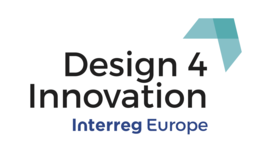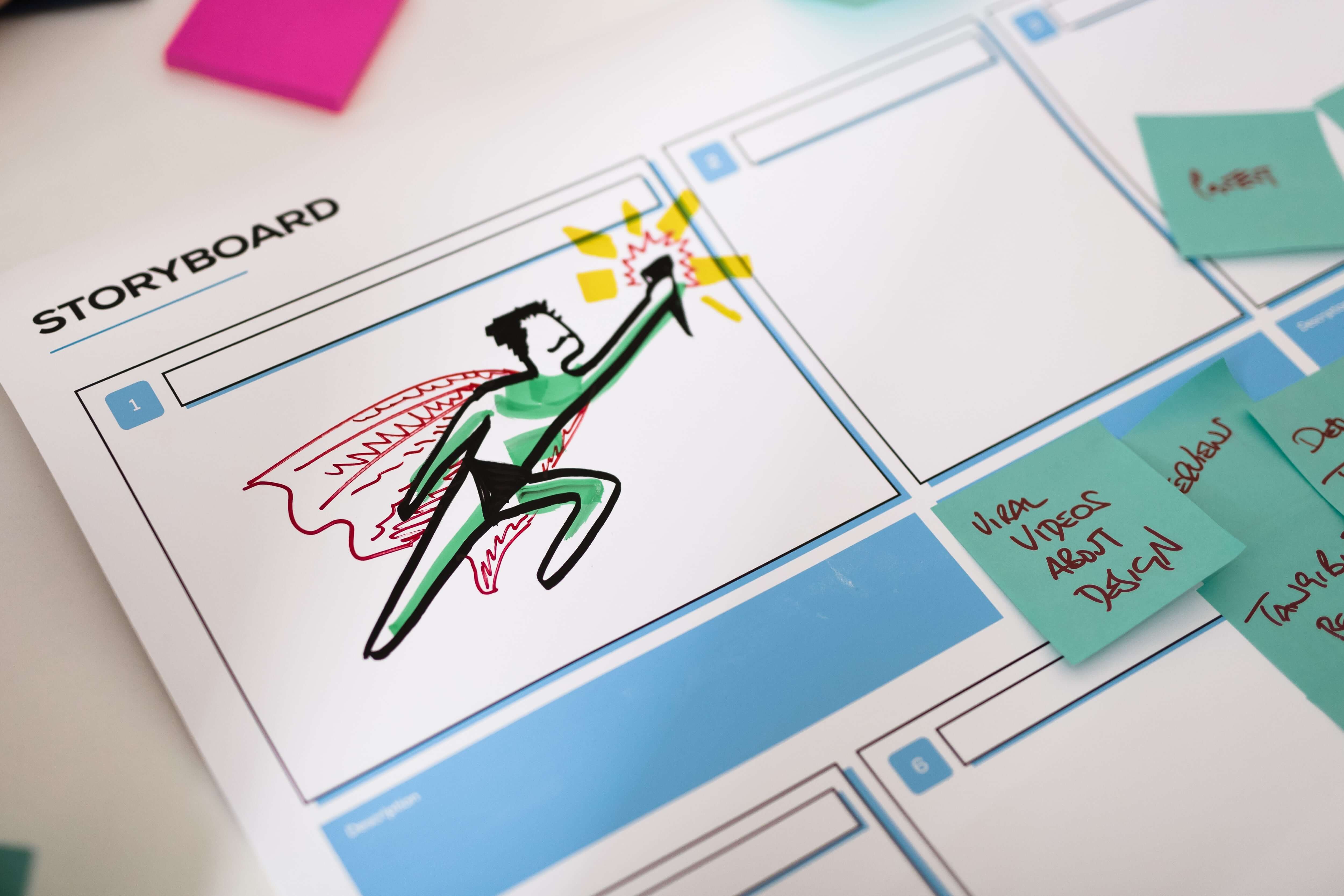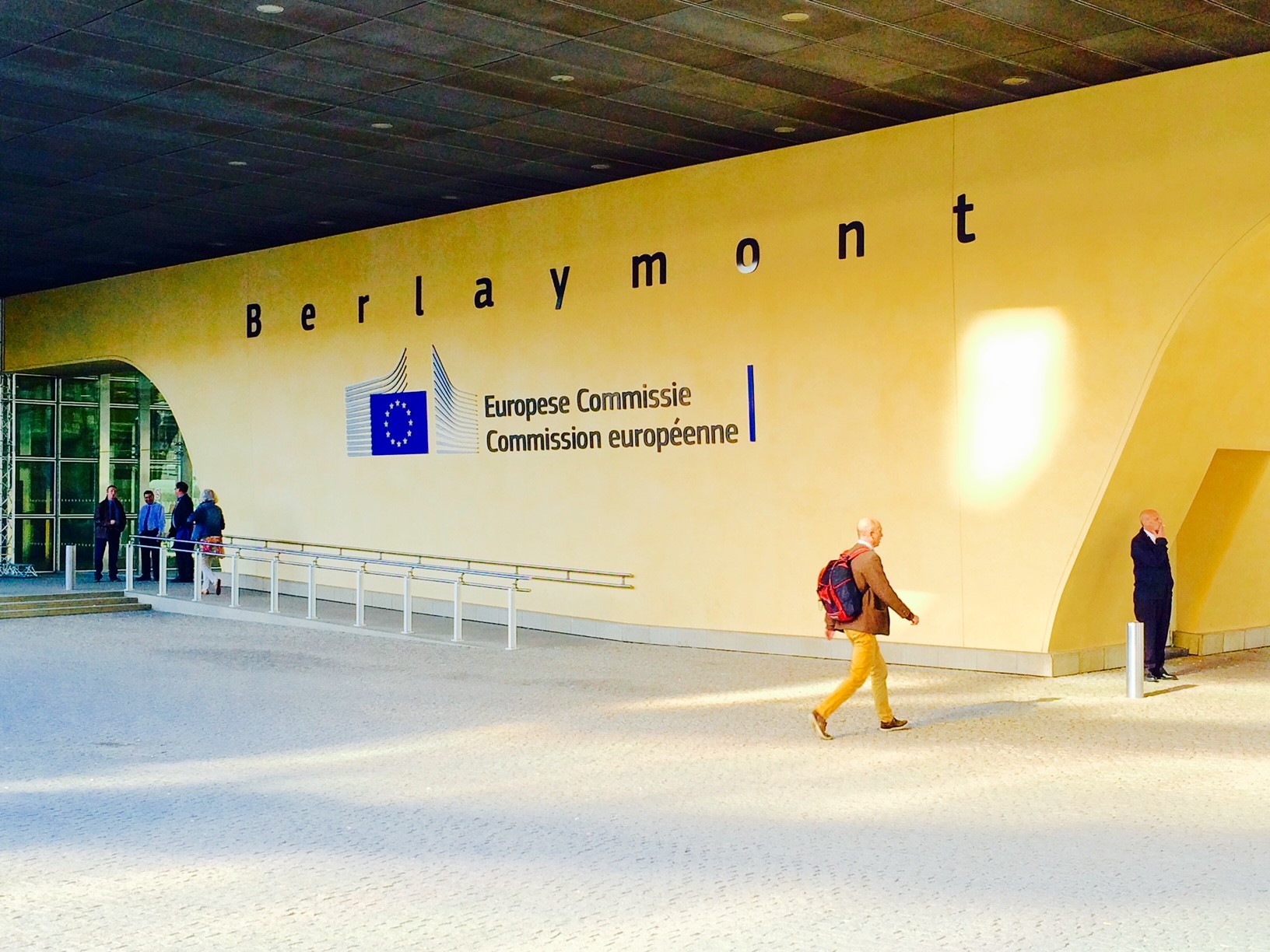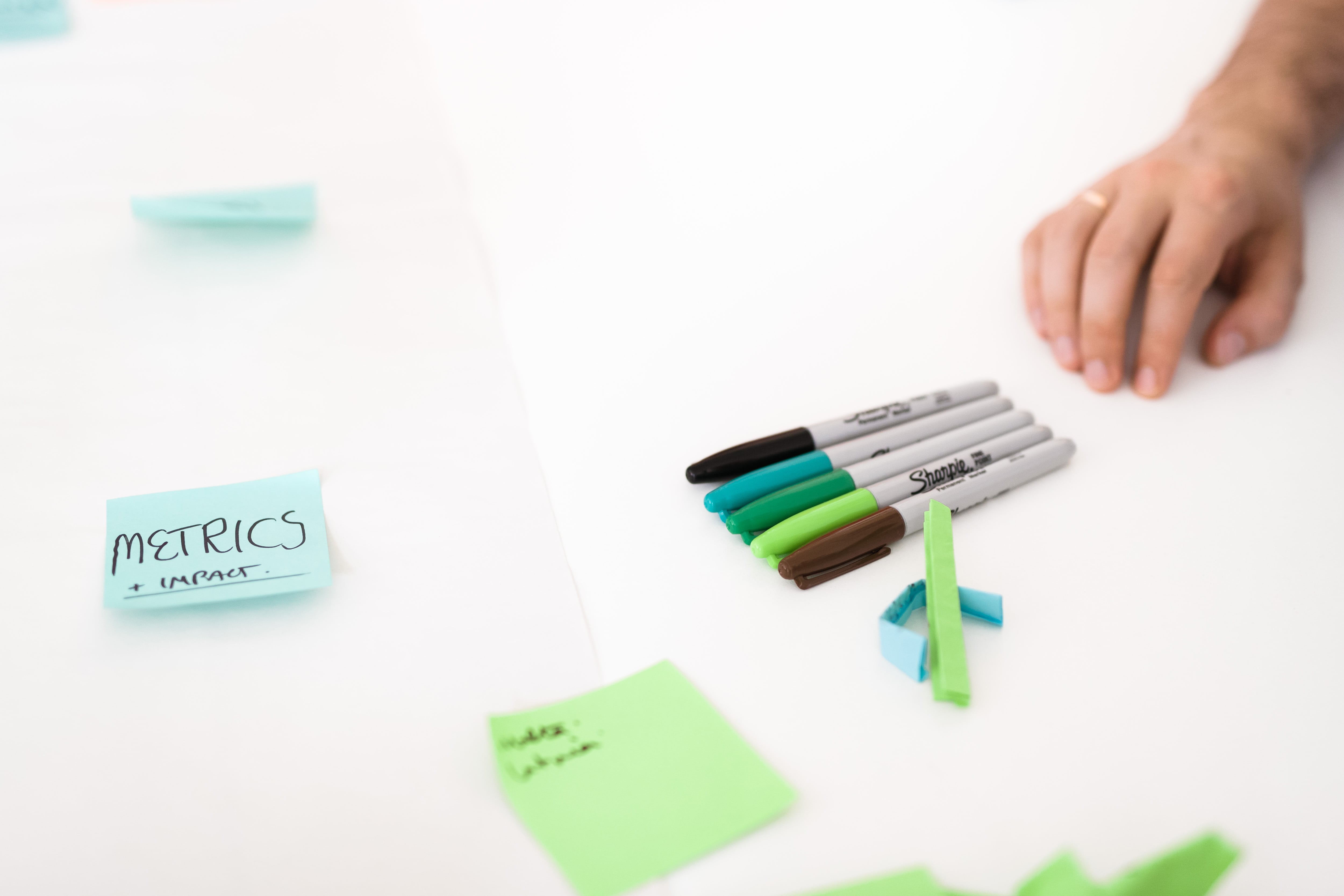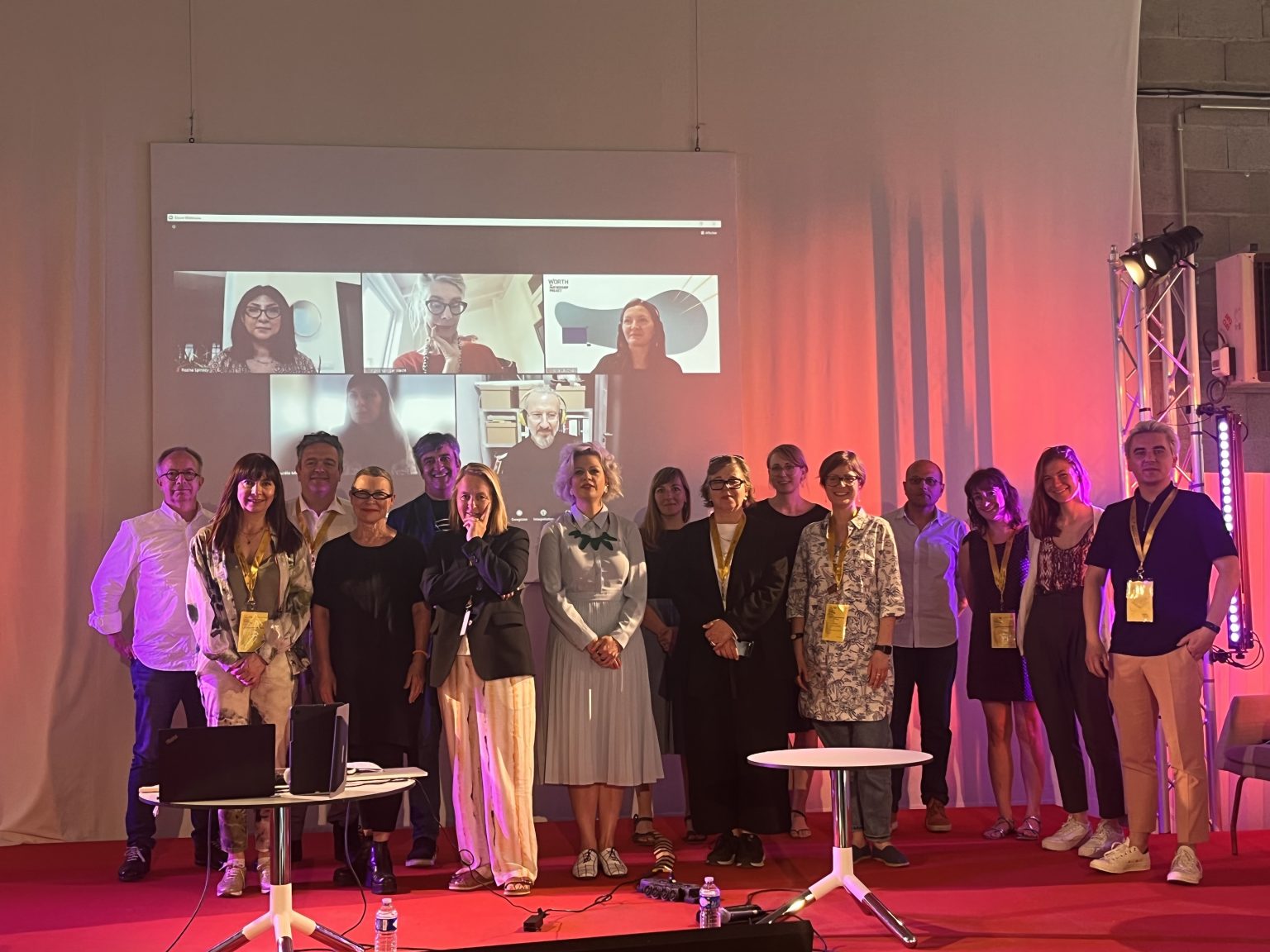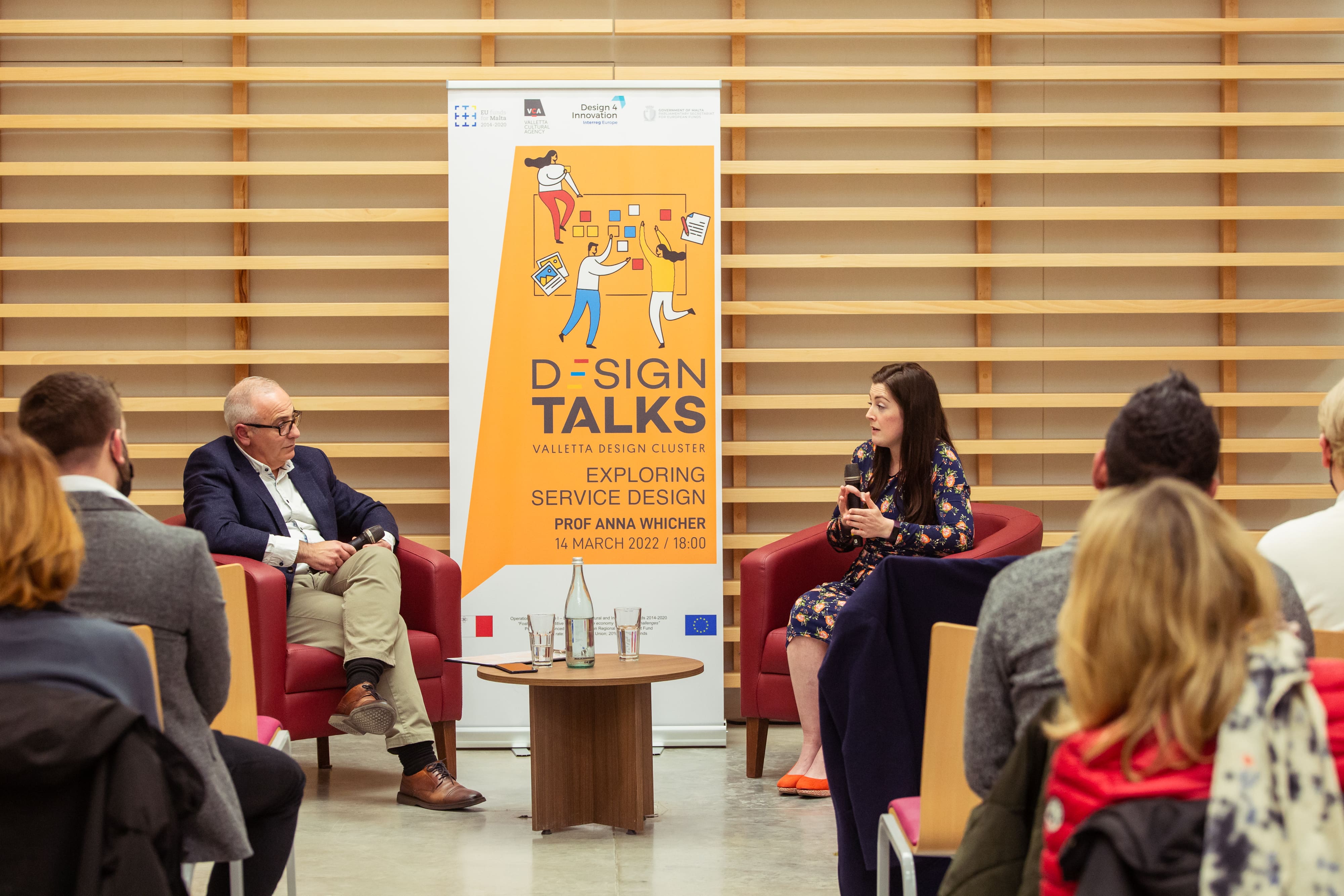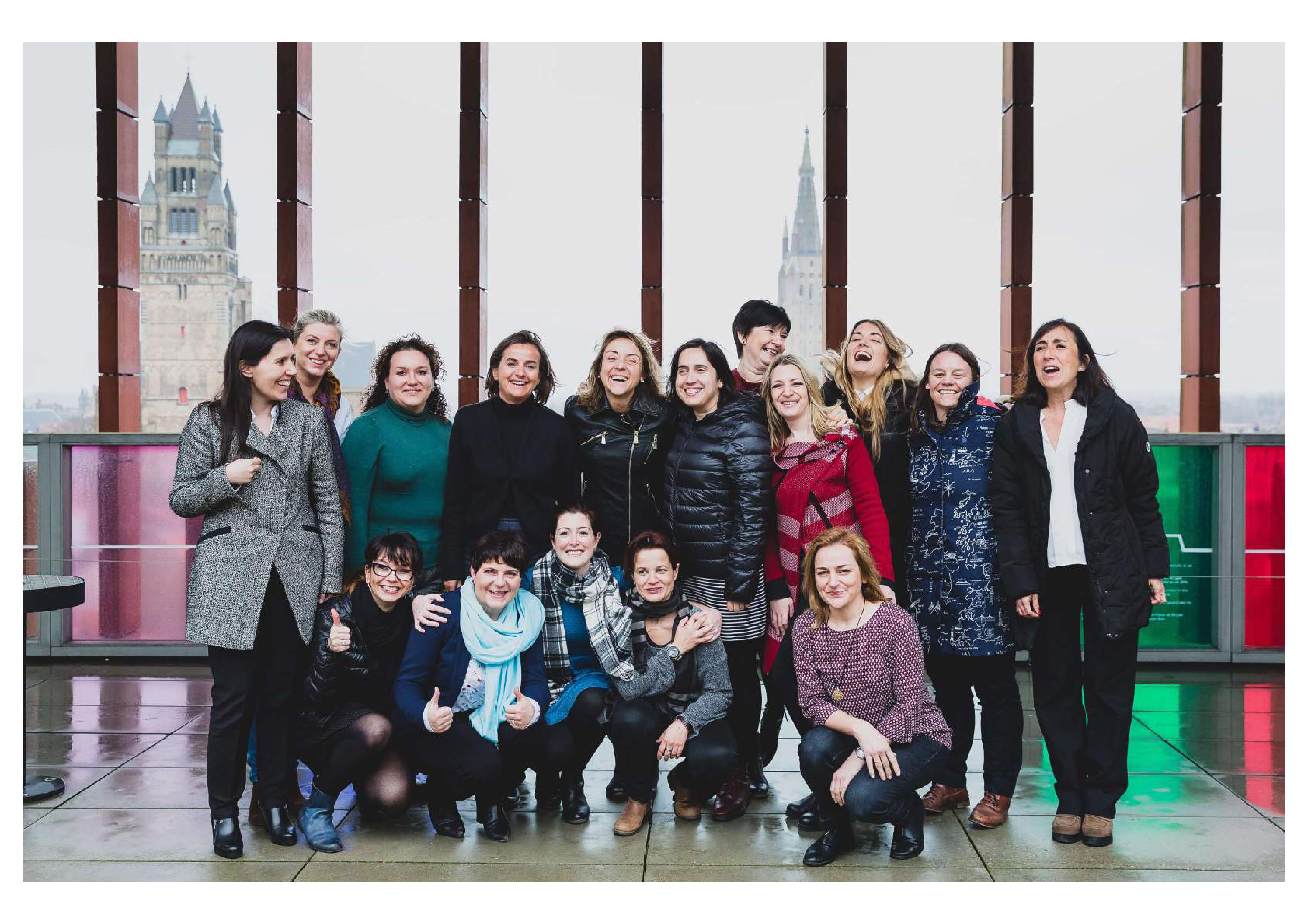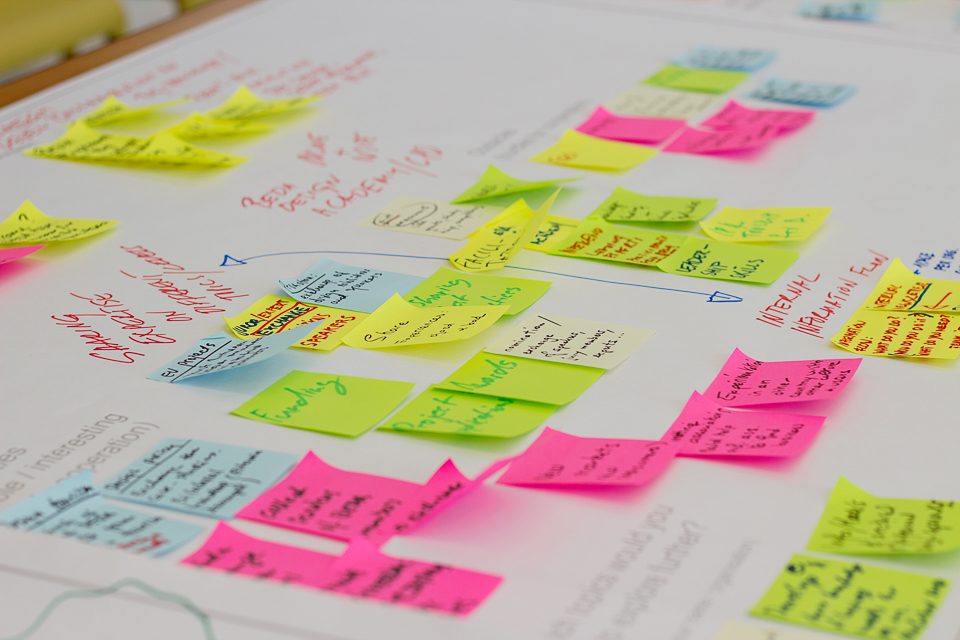One of the main goals of Design4Innovation project is to develop Design Action Plans in our partner regions. Practising what we preach, we are taking a collaborative design approach to achieving that goal. Through hands-on knowledge exchange workshops on a project level and engaging with broad range of stakeholders in the regions, we are progressing to jointly developing a set of proposals for policy actions that would enhance use of design for innovation.
In June, PDR together with Satori Lab hosted an exploratory workshop involving 24 stakeholders from Welsh Government, local government, the design sector, industry, academic and representation bodies to propose a first set of ideas for action.

Design is a vibrant sector in the UK and a significant contributor to national competitiveness providing £85.2bn in gross value added to the UK economy in 2016 - 7% of total GVA (Design Council, 2018). However, Wales is a place with one of the lowest proportions of design-intensive firms in the UK. Nevertheless, we should be encouraged that this situation is changing and that total design turnover grew fastest in Wales compared to elsewhere in the UK (an increase of 89.1% between 2011 and 2013). How do we ensure that this trend continues and design benefit is maximised for entrepreneurs, public sector and citizens?
First ideas for policy action
In the workshop, we revisited the Welsh Design Ecosystem to gain more input on the design actors and identified the barriers to and enablers of the more strategic use of design in Wales in relation to eight design stakeholder groups: design support bodies, design practitioners, education sector, businesses, government, public sector, third sector, and general public. Based on the insight from this exercise, participants brainstormed proposals for policy action.
Most of the barriers and opportunities related to the public sector and government what perhaps reflected the interests of the people in the room. The first ideas from the workshop focused on what the participants perceived as the most pressing issues – design education, design awareness and promotion, and design in government. Proposed actions ranged from up-skilling design graduates in service design, to showcasing best design practice and running design pilots in Welsh Government.

We aim to develop a stakeholder-led ‘living’ Design Action Plan that is ambitious, yet realistic and measurable. We see this as a prototype, a first step in a longer-term ambition to integrate design more holistically within Welsh policies and day-to-day activities. Therefore, these initial proposals should be further discussed and built upon to gain greater input and endorsement.
Design and business support
More actions need to be proposed to improve design support and elevate use of design in business.
According to the workshop participants, a growing trend towards non-technological drivers of innovation gives design a central place in many funding and training programmes across Europe. Recognising the value of iterative and experimental processes creates a safe space for testing ideas and prototyping. There are also multiple case studies of successful design projects and their impact on economy and society that should be communicated to decision makers and wider audience.
On the barriers side however, it was remarked that there too few good examples from Wales, the main players are not collaborating and the design voice is not strong enough. Design is an eligible cost in Welsh Government innovation support programmes, but without an adequate promotion, it remains ‘invisible’ and underutilized as a tool of innovation. The lack of awareness of design and its disciplines raised a question whether the key players in business support understand the design language. It was also pointed out that with a small design sector in Wales; there is lack of certain design expertise, leading to a concern of whether the supply would be able to meet the demand for design services promoted through support programmes.

Low awareness of design and its economic impact is also one of the main barriers to more strategic use of design in businesses in Wales. Businesses often perceive design as a lengthy and expensive process with uncertain outcomes, and as a result prefer to invest in technology neglecting user needs. There are however, innovative sectors that drive user-centric rhetoric in business. New generation of entrepreneurs set up start-ups in response to customer needs, crowd-source product/service ideas and test potential solutions with users.
What's next?
We intend to establish a steering committee prepared to develop, implement and monitor the Design Action Plan for Wales. The committee of design stakeholders would further work on the actions in order to create a tangible, targeted and realistic set of tasks and KPIs. In order to capture the impact, we will undertake an evaluation exercise in 2021.
Read the workshop report here

